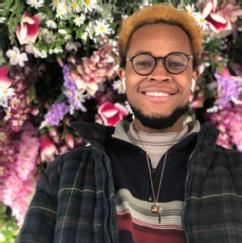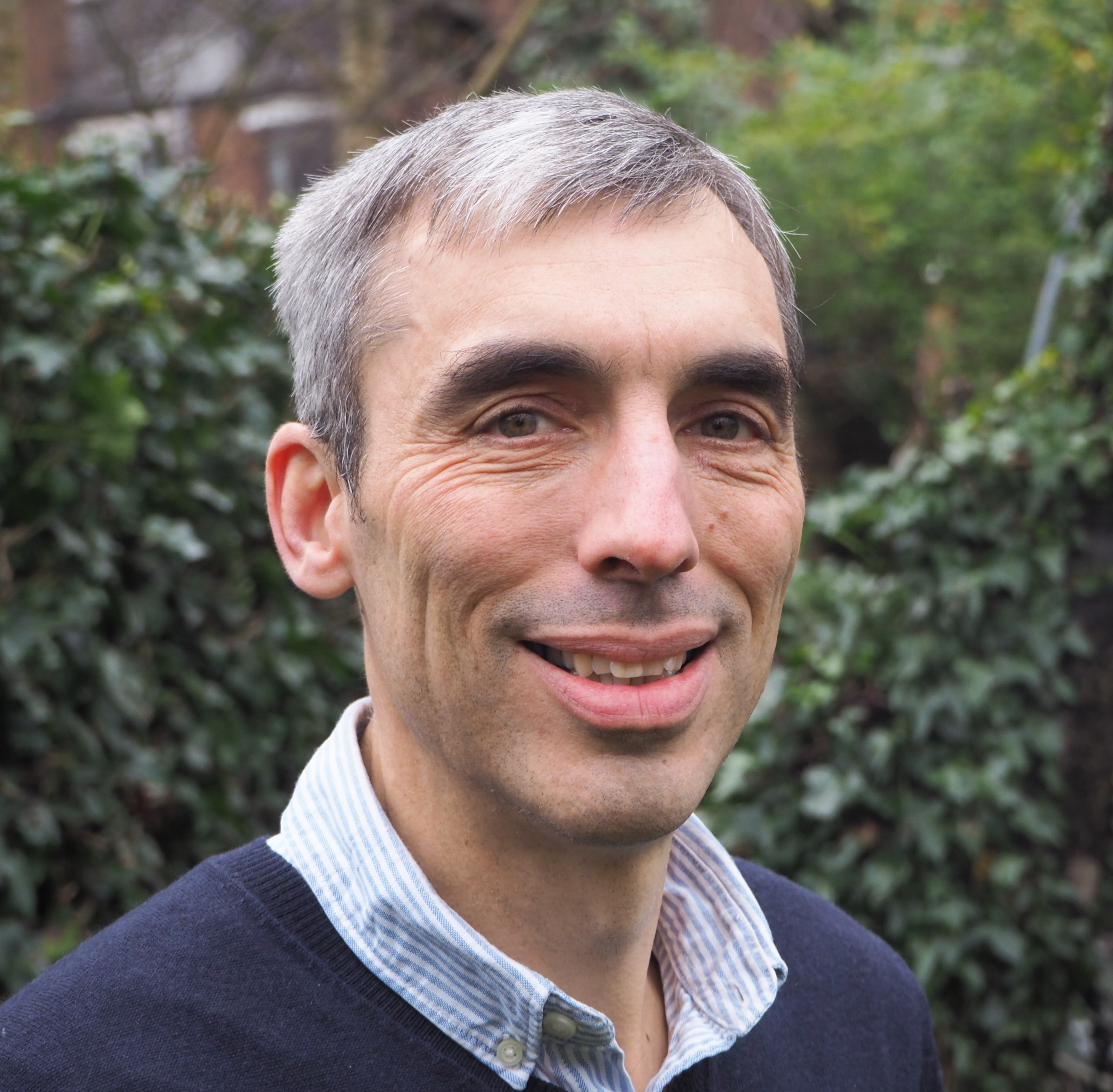Operation Seminar

Project Context & Aims
The seminar, when established with the right atmosphere and culture, can be a space that is crucial in helping students gain confidence in expressing themselves and become more comfortable in their academic growth. Seeing the importance of this, this project is seeking to find the definition of what a seminar is. This will be by using both staff and student experiences to understand the expectations and realities of seminars, before pulling together similarities and differences to reach an effective conclusion - creating a route through which we can make seminars more inclusive, productive and engaging.
The project was centred around developing a six-part research podcast, covering both the opinions of students and staff on the seminar experience. Regarding content, the opinions which we intended to draw upon would have been generated from anonymous feedback forms from students and staff circulated across eight different departments, as well as including sections on recorded pseudo-seminars that explore how students from different departments convey their ideas in seminars and whether there is a diversity of thought.
Project Impact
The resources produced will be invaluable for the academic development and transition of first years into the academic world of university. Finding a definition of seminars has further enabled us to suggest approaches ensuring seminars are not only inclusive in allowing diversity of opinions, but also in understanding how room layout, content warning and other elements allow for increased productivity, enthusiasm and engagement from students.
Learning Outcomes
The project conducted a survey of students across the university, gathering 45 responses from a selection of departments. From this, it was possible to determine the factors that made a seminar engaging or not, through a mixture of qualitative and quantitative data, addressing challenges such as room set-up, inclusivity, experience of the tutor and the relevance of the seminar to the module.
Building on this, the team then explored the definition of a seminar in a number of podcast episodes:
- E1: The Seminar Project - Year 1 reflections with Maureen Onwunali
- E2: The Seminar Project - Year 2 reflections with Jessica Anderson (ft. Maureen Onwunali)
- E3: The Seminar Project - Year 3 reflections with Diane Danquah and Nosa Charles-Novia
The team also produced a report, summarising the project and its main findings.
Moving Forwards
The team hopes to be able to share the findings of this research through the podcast and talks with other universities, comparing findings and possibly leading to future collaborative projects. In addition to coming to an understanding of what a seminar is, the project has been able to help both students and staff consider and learn from such questions as:
- What are the skills gained from a seminar?
- What is the culture of the university space, and why (if a relationship is established) is it important to the seminar space?
- Are there any considerations that the course/module structure needs to take to optimize the seminar space (e.g. how best to use reading lists?)
Project Team
Staff Members:
Rebecca Stone (Arts Faculty Centre)
Sarah Richardson (History)
Emma Mason (HoD, English and Comparative Literary Studies)
Tim Lockley (HoD, History)
Jen Baker (English and Comparative Literary Studies)
Students:
Logan Rees (Physics)
Alex Barett (Mathematics)
Rhea Patel (Chemistry)
Ismat Qureshi (English and Comparative Literary Studies)
Alex Campbell (Warwick Business School)
Rowchell Green (Psychology)
Dianne Danquah (Sociology)
Nosa Novia (Film Studies & English and Comparative Literary Studies)


